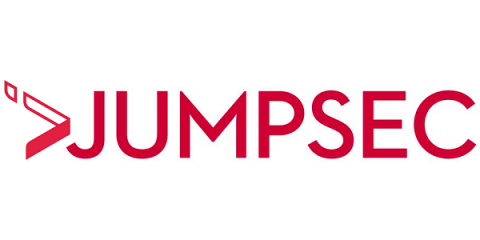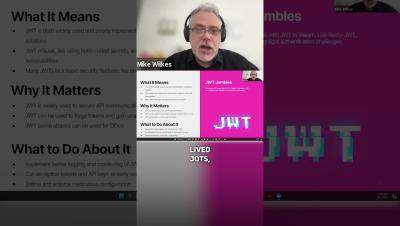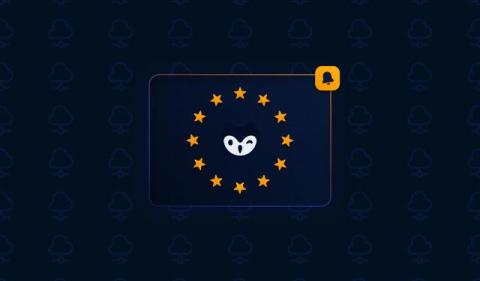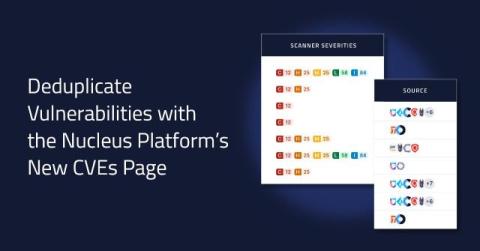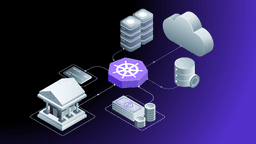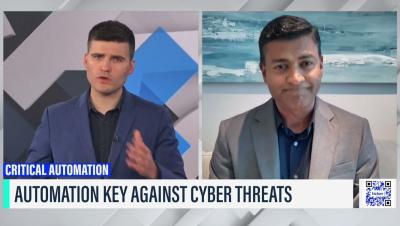Saudi Arabia's PDPL
Saudi Arabia's Personal Data Protection Law (PDPL), enacted in 2021, marks a significant step in regulating the processing of personal data in the Kingdom. The PDPL aims to protect individuals' privacy by setting out clear rules on how personal data can be collected, processed, stored, and shared. As more businesses undergo digital transformations, the PDPL holds companies accountable for safeguarding data and ensuring transparency in their handling of personal information.



